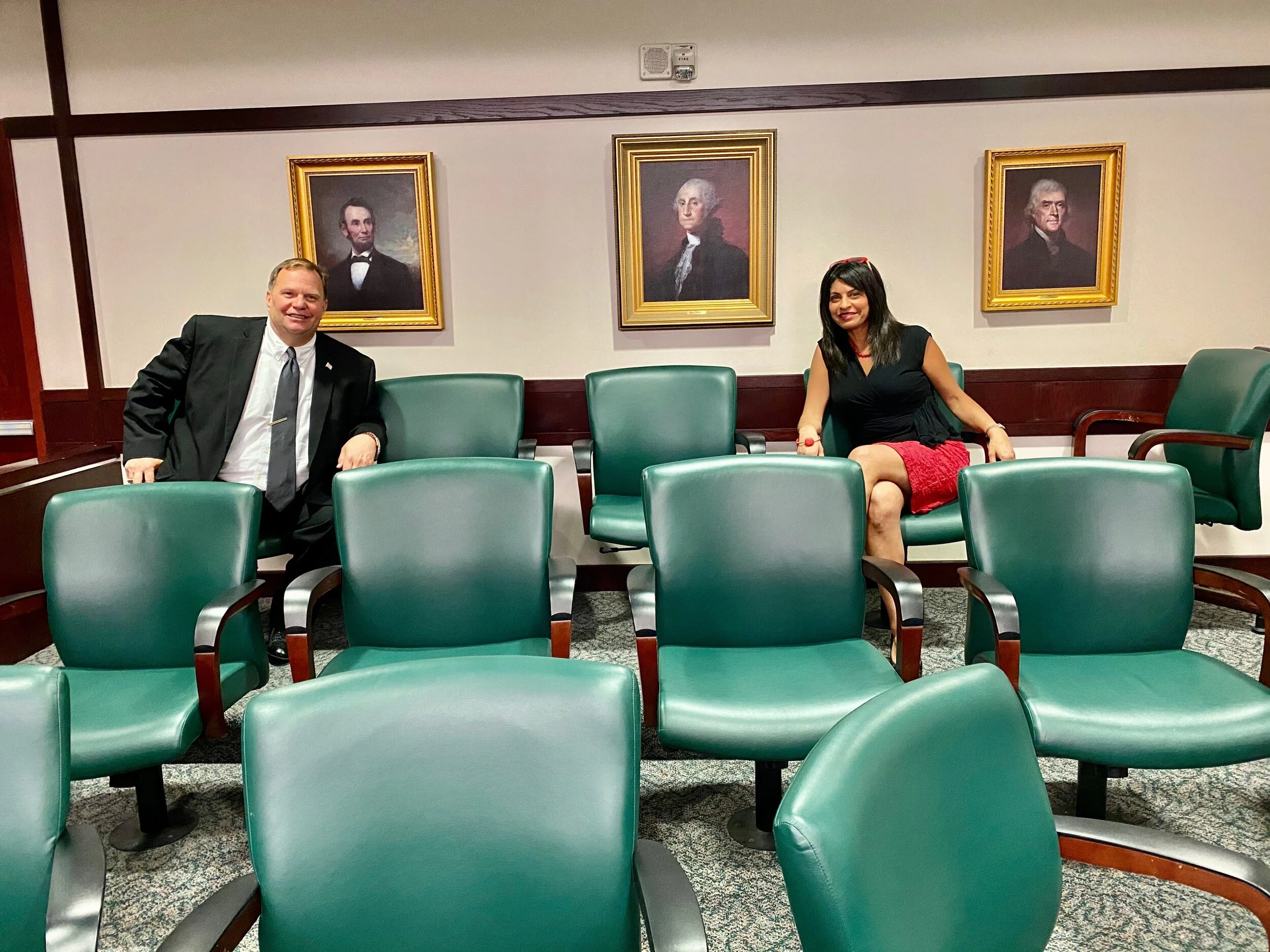JUSTICE ALWAYS PREVAILS: Maintaining Law and Order During the COVID-19 Pandemic
JUSTICE ALWAYS PREVAILS: Maintaining Law and Order During the COVID-19 Pandemic
In our continuing coverage of the Coronavirus Disease 2019 (COVID-19) crisis, Sarina Fazan interviews Judge Nick Nazaretian of the 13th Judicial Circuit about mission-critical courtrooms and what that means for Hillsborough county.
Judge Nazaretian says, “There are certain courtrooms down in Hillsborough County that our Chief Judge has designated to be mission-critical and those are essential to make sure that services get provided in the criminal justice system, so it’s extremely important.”
During the pandemic, the court has three basic concerns: the health and safety of everyone, due process rights are followed for the accused and the victim’s rights are followed, and access to the courts is maintained.
Mission-critical court cases include first appearance hearings, termination of parental rights hearings, issuance of warrants or authorization for wiretaps, proceedings related to the state of emergency or public health emergency, and other emergency or time-sensitive matters as determined by the judge.
A typical docket for Judge Nazaretian prior to the COVID-19 crisis included 50 to 60 cases, and the defendants would sit together in the courtroom. With social distancing and sanitation practices in place, the court is now relying on video technology to see defendants each day. Judge Nazaretian does still share a physical courtroom with two other judges, but the number of people in the room is limited and the room is sanitized regularly. The court has even made provisions so the victim can be seen and heard by the judge and accused, without having to enter the courtroom.
Judge Nazaretian says, “We’ve really taken every step to ensure your day in court is your day in court, with a few adjustments.”
Judge Nazaretian also shares that he has not seen a spike in Hillsborough County cases involving alcohol, drugs, and abuse during the quarantine. He explains, “I have not really seen what I thought might happen [in domestic cases] and that’s a really good thing. It kind of goes to the fact that I guess people are getting used to this. You know, I haven’t really kept statistics, and I haven’t been seeing that any more than I saw it before…It’s great news because again, when you get people all together, and then you add in economic strife, you add economic issues, loss of job, not being able to go outside, and all these other things that we’re dealing with that sometime creates a lot of issues that we see in our courts on a daily basis. Thankfully, from what I’ve seen in my courts in the past four, five, six weeks during this pandemic, I have not seen a huge increase in that situation.”
In addition, he says that judges are working during this mission-critical period to try to prevent backlogs when the courts resume operations entirely. While jury trials are currently on hold, Judge Nazaretian hopes that citizens called to jury duty will cooperate when jury trials resume, knowing that the court is doing everything it can to maintain safety.
From a technology standpoint, Judge Nazaretian states that the use of video might help to reduce the number of people to the courthouse, minimizing transportation issues for inmates. He also says that this experience might help to streamline the way the judicial system operates in the future.
In the meantime, the court system is working hard to make sure that justice always prevails.
To learn more about the Court's operations during COVID-19 Pandemic visit:

